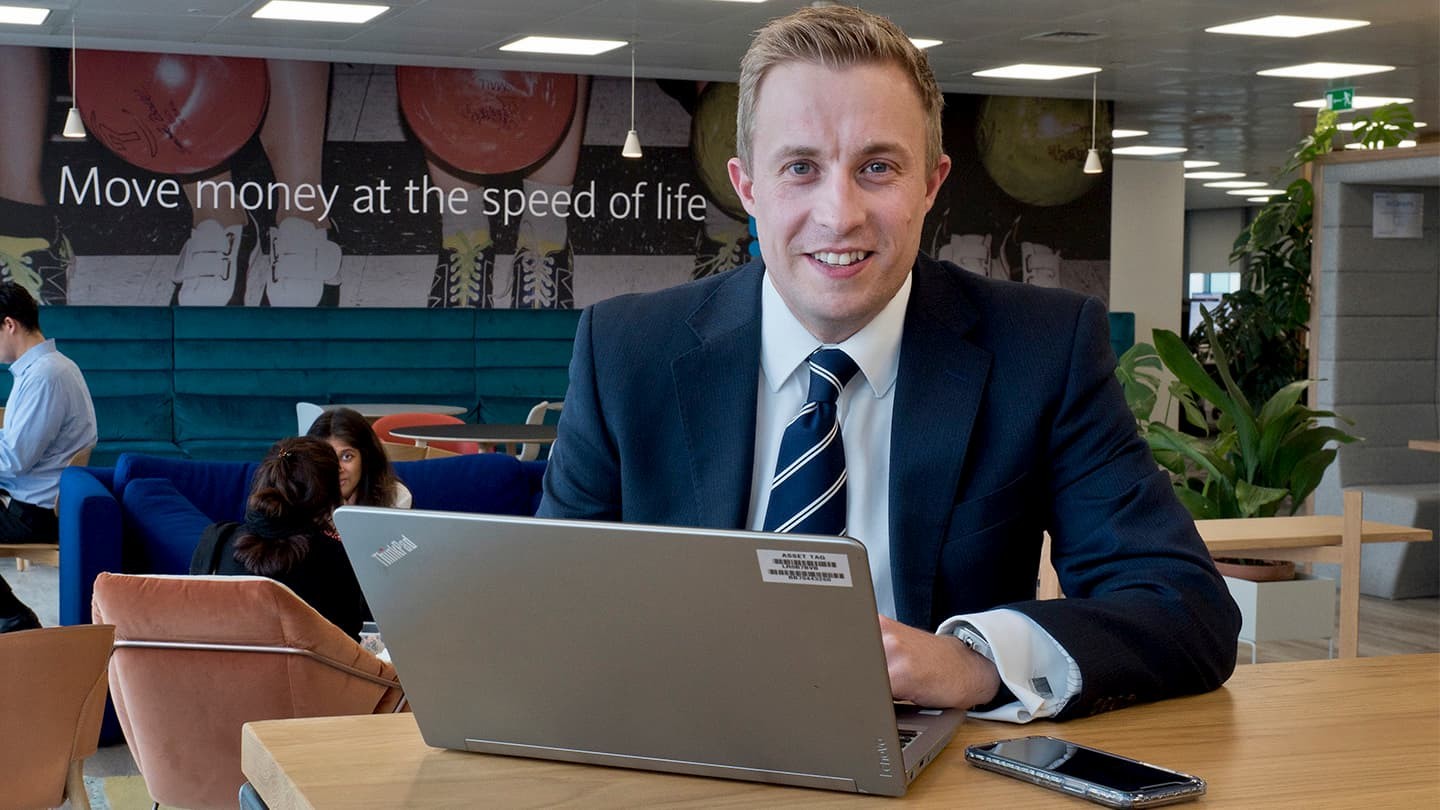
Innovation
How Barclays is leading the way with Open Banking
With the introduction of Open Banking, consumers have new opportunities to save time and money. We talk to experts at Barclays about bringing value to customers – and why building trust is the key to Open Banking’s development.
Open Banking is an industry-wide change aimed at increasing competition in the financial industry. It allows consumers to choose to share their banking data with third parties – meaning they can see and use information from all their bank accounts in one place.
As Jonathan Lowe, Chief Information Officer, Retail Products & Segments and Open Banking at Barclays UK, says: “Open Banking is an opportunity to exchange information to find and create better propositions for customers. The concept was originally instigated to share information through application programme interfaces – what we call APIs – and to use that technology to drive competition in the market to ensure the customer gets the best services possible.”
Lowe works with a 100-strong team, leading on technology strategy and delivery for the sector. He’s seen the rollout of Open Banking be embraced by Barclays as an opportunity to innovate and compete. Although research suggests that public awareness of Open Banking is still growing, he says “as more opportunities arise, customers will increasingly see the benefits. We know that Open Banking will be a big agenda in the future – and we are committing to it so we can enhance the ways our customers are managing their money.”
The way Open Banking works is through legal standards that require the big UK banks to share – subject to the customers’ approval – their data through APIs. These APIs send data from the customer’s bank to approved third parties, who in turn can offer different products and services. This means that Barclays customers can choose to share their data with third parties, but also to bring all their accounts into Barclays.
Success will depend on whether or not customers have confidence in the propositions. That’s down to us putting something into their hands that gives them a different service to what they have today
Luke Ryder, Director of External Engagement at Barclays, sees one obvious benefit of Open Banking in terms of convenience: “If you have your accounts with various banks, which many people do, then you have the convenience of pulling all your day to day banking into one place.
That offers an opportunity for those who offer the best customer platforms to actually encourage customers to engage with them, even if they don’t run their main finances through that bank or third party. In terms of customer experience and ease of use, Barclays has a market leading banking app – used by over 7 million customers – and we now have a good opportunity to reach out to a more diverse range of customers.”
Industry firsts
Barclays has delivered a number of industry firsts, including ‘card freeze’ – the ability to temporarily block a card if it is believed to be lost – to enhance the Barclays banking app. Combining with initiatives like this, Lowe believes Barclays can build customers’ trust in the Open Banking concept.
He explains: “Success will depend on whether or not customers have confidence in the propositions and see value in them. That’s down to us, and the third parties, putting something into our customers’ hands that gives them a different service to what they have today and offers them complete security and control over their data.”

Jonathan Lowe at Barclays’ head office in Canary Wharf
“The starting point for a customer may well be that they find it unnatural to share financial data. However, APIs are secure. The launch of our aggregation tool is designed to give customers the confidence in Barclays needed to bring Open Banking to the mainstream.”
Looking to the next year of Open Banking innovations, with the industry expecting customer awareness and engagement to increase, Lowe highlights the importance of a consumer-led approach. “Whatever we do is driven by what’s right for our customers, and we have more propositions in the pipeline to benefit them.
“We’re in regular dialogue with the government and the industry about how to make Open Banking more accessible, and our new innovations are designed to improve the lives of our customers in their financial control and beyond. We have a large delivery scheduled for 2019 which extends our sharing of information – with customer consent – around a broader set of products and payments beyond current accounts.”
“A key principle”, Lowe says, “is that while Open Banking has been talked about for a while, it’s only in its second year of implementation. We’ll continue to learn, from deliveries, launches, and enhancement.”
Tipping point
Luke Ryder adds that for Open Banking to grow, customer confidence is key: “The important thing is customers being in control and us being transparent about how their data is used. We think this is one of the areas where Barclays differentiates itself. We think this is a big step for lots of customers, so it’s imperative that we make it absolutely clear how their data is being used and how we’re sharing it, if they choose to enable that. We’re proud to be market-leaders on that, and of the amount of control we give customers over their data.”
Whatever we do is driven by what’s right for our customers – and we have more propositions in the pipeline to benefit them
The tipping point for Open Banking is set to occur when customers are confident not just in the security of the service, but that it will save them time and money – with applications for avoiding unnecessary fees, securing the best rates and providing tailored financial advice available.
“We know that our customers are beginning to understand the benefits of this”, says Lowe. “Open Banking starts from us sharing information from our regulatory obligations but also ultimately presents us with opportunities.
“I genuinely believe in the work that we’ve done so far, which has been a massive team effort, and the successes we’ve had and the implementations we’ve delivered. The pipeline into 2019 is hugely exciting from a colleague and customer perspective.”